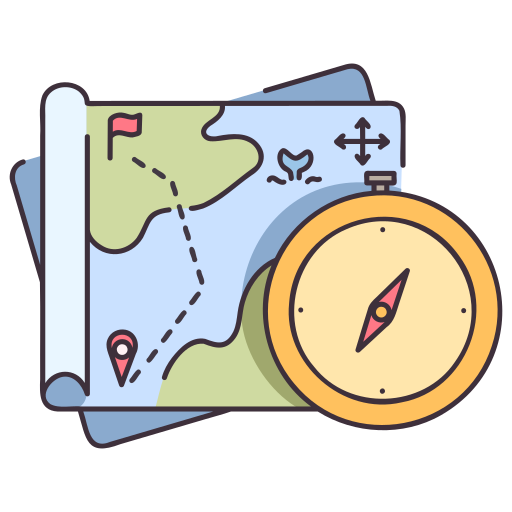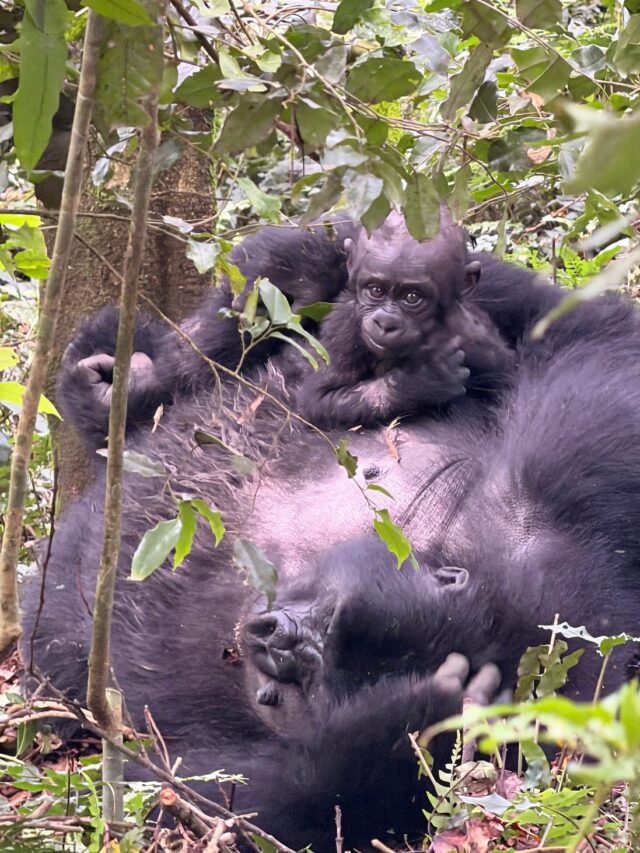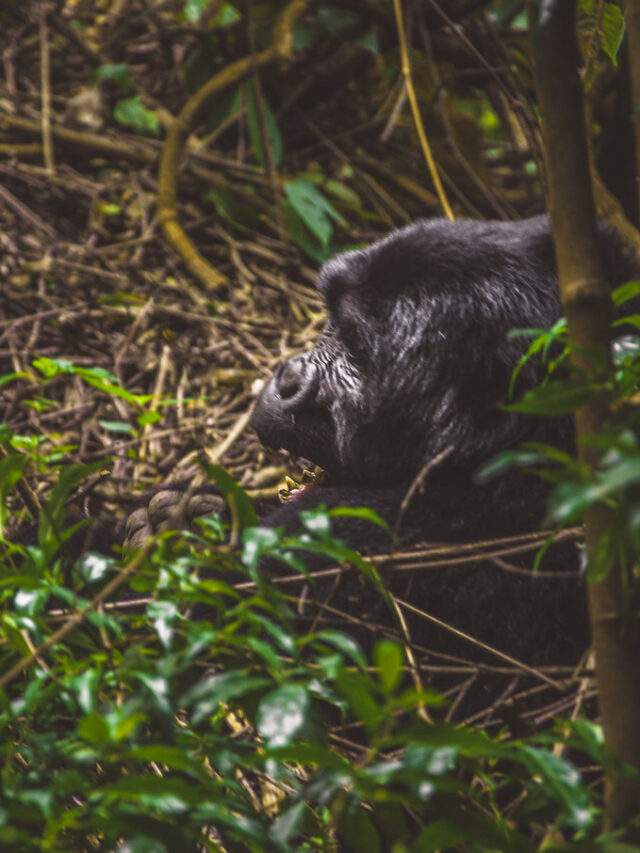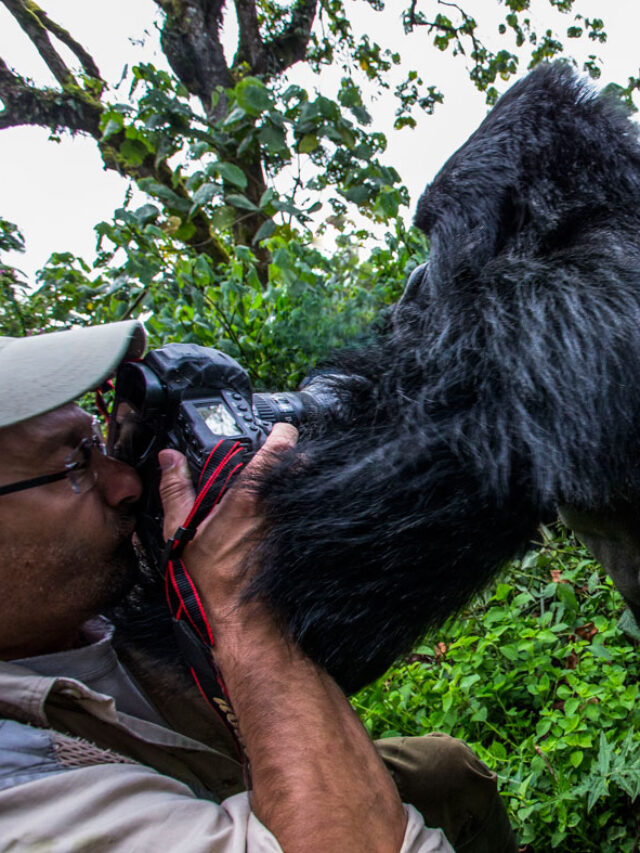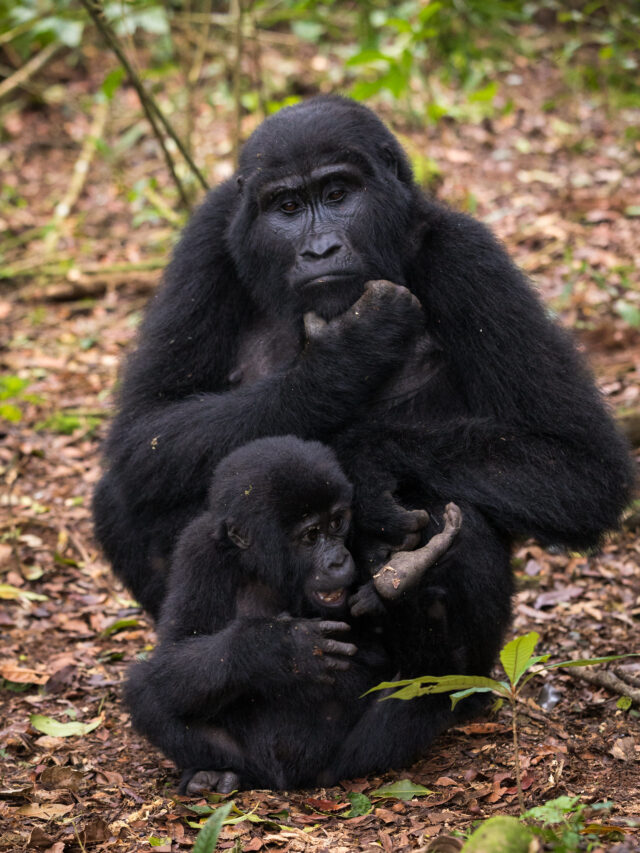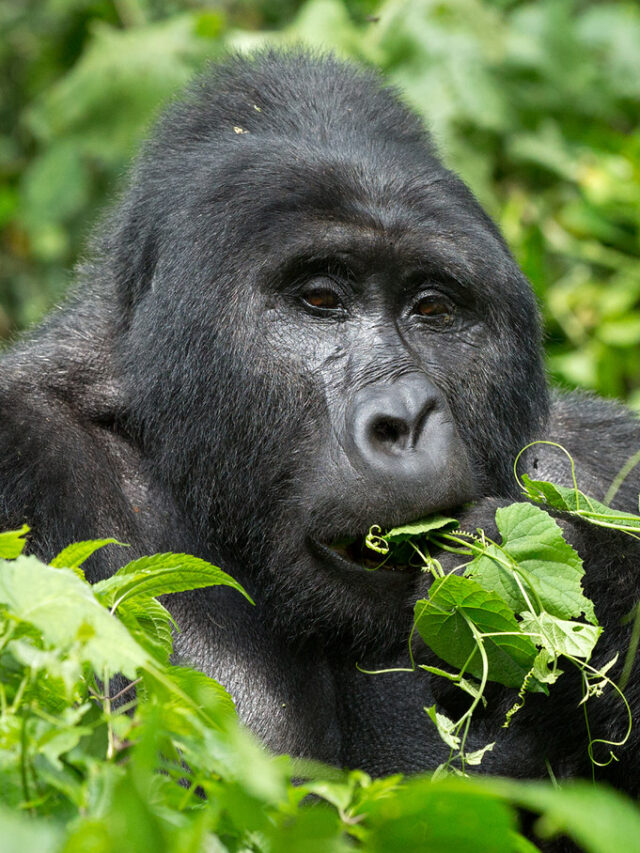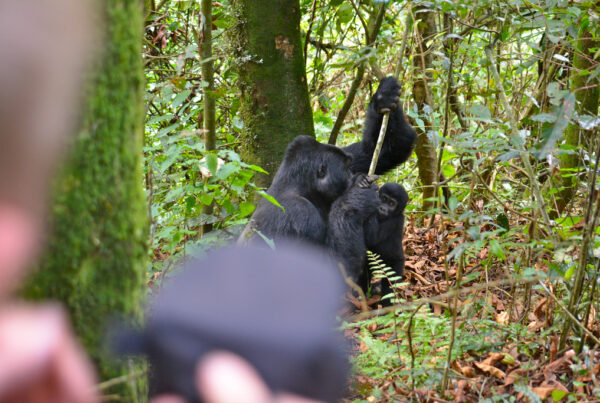Uganda Travel Tips for First-Time Visitors: What You Need to Know Before You Go
From Entry Requirements to Cultural Etiquette—Here’s How to Travel Smart, Safe, and Soulfully in the Pearl of Africa
Visiting Uganda for the first time is not just a trip—it’s a revelation. It’s a journey into lush forests where endangered gorillas move like shadows, into the thundering drama of waterfalls, across golden savannahs dotted with tree-climbing lions, and into the warm, genuine hearts of people whose hospitality is as unforgettable as the landscapes themselves. But while Uganda offers world-class beauty and authentic adventure, first-time visitors often arrive with questions—and rightly so. This is a country full of contrasts, rhythm, and surprises. And with the right preparation, your visit will not only be smooth but truly transformative.
Uganda Travel Tips for First-Time Visitors — Here are essential, realistic, and emotionally grounded travel tips that every first-time visitor to Uganda should know before stepping into this wild and wondrous corner of Africa.
Know What You Need Before You Arrive: Visa, Health, and Packing Essentials
The first thing to sort out is your visa. Uganda offers an e-Visa system, which is easy to use online. Travelers from most countries need a tourist visa, and the most convenient option is the East Africa Tourist Visa, which allows entry to Uganda, Rwanda, and Kenya on a single visa. Always apply a few weeks in advance and print out your approval before boarding your flight.
Health-wise, yellow fever vaccination is mandatory for all travelers entering Uganda—expect to show proof at immigration. It’s also recommended to take malaria prophylaxis and carry a basic travel medical kit. Water is not always safe to drink directly from the tap, so opt for bottled or filtered water throughout your trip.
Packing is deeply tied to the type of travel you’re doing. Uganda’s climate varies—it’s tropical but also altitude-dependent. Lightweight layers, long-sleeved shirts (for mosquito protection), a good waterproof jacket, durable walking shoes, and sunscreen are all essentials. If you’re trekking gorillas or chimps, you’ll need gloves, gaiters, and moisture-wicking clothes. Don’t forget binoculars, a power bank, and extra camera batteries—wildlife moments don’t wait for a recharge.
Money, Connectivity, and Getting Around
Uganda’s official currency is the Ugandan shilling (UGX), and while U.S. dollars are accepted for permits and safari bookings, smaller day-to-day transactions are usually in shillings. It’s smart to exchange a bit of cash on arrival or withdraw from ATMs, which are widely available in cities but rare in rural areas. Avoid old U.S. dollar bills printed before 2013—many places won’t accept them.
Mobile money is widely used in Uganda, especially through MTN and Airtel services. If you plan to stay for more than a few days, consider buying a local SIM card at the airport or in Kampala. You’ll get better data coverage and cheaper calls than relying on roaming.
Transport ranges from luxury safari vehicles to boda-bodas (motorbike taxis). If you’re not on an organized tour, be cautious with transport options. Boda-bodas are fast and cheap but can be risky—always wear a helmet. Matatus (minibuses) are affordable but often overcrowded. For longer journeys, domestic flights are available to places like Bwindi or Murchison Falls, but they must be booked in advance.
Respect the Culture: Etiquette, Dress, and Interactions
Ugandans are some of the friendliest, most welcoming people you’ll meet. Smiling, greeting others with “Hello” or “How are you?” in English or Luganda (“Oli otya?”) is more than polite—it’s expected. People appreciate visitors who take time to engage respectfully with local culture. Don’t just pass through—connect.
Dress modestly, especially in rural areas. While Kampala is cosmopolitan and relaxed, traditional values still hold strong in many regions. Avoid overly revealing clothes when outside tourist lodges. For women, covering shoulders and wearing knee-length skirts or trousers helps avoid unwanted attention.
Photography should always be done with permission, especially when photographing people. Some cultural and religious sites discourage photos altogether. And while you may want to capture every moment, don’t let the camera come between you and the experience—some of Uganda’s most beautiful scenes are best felt, not just framed.
Safety and Common-Sense Awareness
Uganda is generally safe and peaceful, but like any travel destination, it requires awareness. Avoid walking alone at night in unfamiliar areas. Petty theft, like pickpocketing in crowded markets or bus stations, can happen—keep valuables secure and be cautious with your bags.
Political gatherings or protests should be avoided entirely. Always check the latest travel advisories from your government, but don’t let generalized warnings rob you of the chance to experience the real Uganda. Many of the most beautiful places—Bwindi, Queen Elizabeth, Lake Bunyonyi—are far from any political tension and are known for safety and hospitality.
As for wildlife safety, always follow your guide’s instructions. Whether you’re trekking gorillas or cruising along the Nile, your guides are highly trained and experienced. Keep respectful distances from animals, avoid sudden movements, and maintain a quiet presence.
Food, Water, and Culinary Curiosity
Uganda offers a rich tapestry of flavors—from matoke (steamed green bananas) to rolexes (chapati rolled with eggs and vegetables), to roasted meats and fresh tropical fruits. Street food is part of the experience, but be cautious. Eat where it looks clean and busy. Avoid raw vegetables and unpeeled fruits if you’re sensitive, and always drink bottled water.
Don’t miss the chance to try local coffee and tea, both of which are deeply rooted in Uganda’s highland traditions. And if you’re invited into someone’s home or village, be open—it’s an honor and often one of the most authentic parts of your journey.
Slow Down, Let Go, and Say “Yes” to the Unexpected
Perhaps the most important travel tip is this: let Uganda unfold at its own rhythm. Things might not always run on time. Roads can be bumpy. Wi-Fi may disappear. But what you gain in return is beyond convenience. It’s raw nature. It’s spontaneous joy. It’s the unexpected smile from a child, the drumbeat of a village gathering, the sudden appearance of a gorilla through the vines.
Don’t over-schedule. Leave room for magic. Uganda is not a destination to rush—it’s one to feel.

